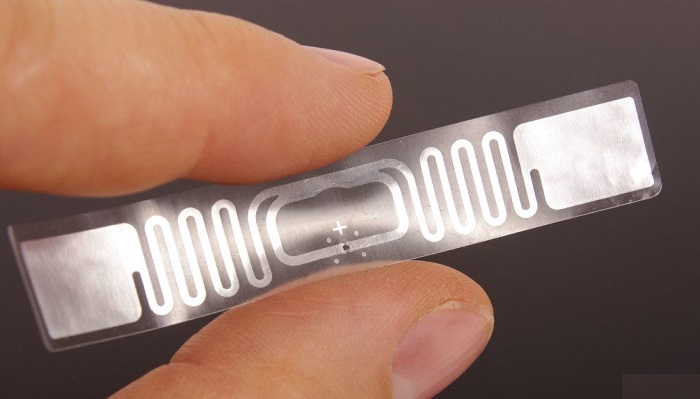The Korea Advanced Institute of Science and Technology’s research team has gone on to develop a highly sensitive piezoelectric blood pressure sensor that is wearable. It has been seen lately that there is a growing interest in healthcare devices as far as continuous blood pressure monitoring is concerned.
Although smart watches that make use of LED-based photoplethysmography technology have been available in the market, they happen to be limited by the accuracy constraints of optical sensors, thereby making it hard to meet the international benchmarks as far as automatic sphygmomanometers are concerned.
The KAIST research team has created the wearable piezoelectric blood pressure sensor by way of transferring highly sensitive and inorganic piezoelectric membranes from bulk sapphire substrates to flexible substrates. It is well to note that the ultrathin piezoelectric sensors have a thickness of many micrometres and showcase a conformal contact with the skin so as to successfully collect the exact blood pressure from the thin pulsation of the blood vessels.
Apparently, the clinical trials of the technology at the Catholic University’s St. Mary’s Hospital gave a thumbs up to the blood pressure sensor’s accuracy, which was on par with the global standards with errors that hovered within +/- 5 mmHg with a standard deviation that was under 8 mmHg in both systolic and diastolic blood pressure. Besides, the research team has gone on to successfully embed the sensor on a watch-type product so as to enable consistent monitoring of the blood pressure.
Furthermore, the team also intends to develop a comfortable patch-type sensor so as to monitor the blood pressure during sleep as well. Apparently, they are also planning to have a startup company commercialise these wearables as well as patch-type products in no time.


















